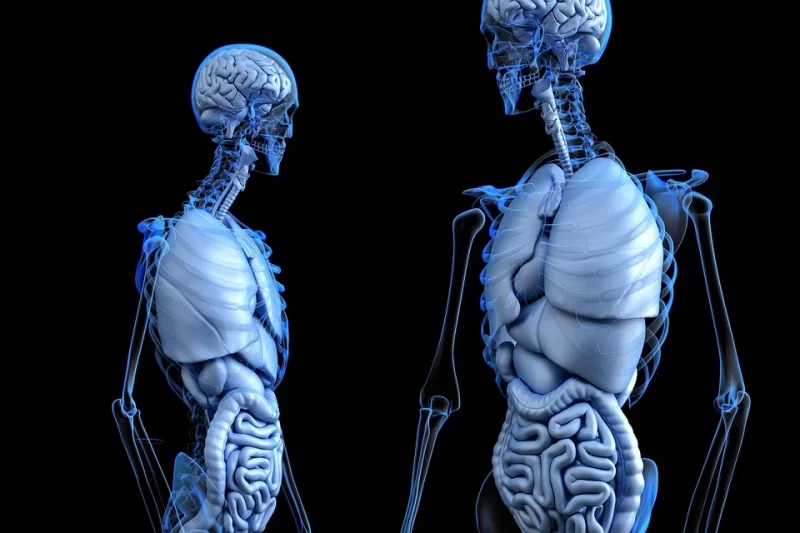Who is eligible for organ donation? Anyone can become an organ donor; in this article, you will know the qualifications.
You should take note that organ donation is only possible if the donor dies in a hospital under particular conditions.
Moreover, organ and tissue donation is decided by a team of highly qualified healthcare specialists in each case. And that is what we will discuss in this article; we will learn together about who can donate their organs. This is just an overview, so you better read further!
Who Can Become An Organ Donor?
The impact of being an organ donor can extend well beyond the individual who receives it. As many as 75 lives can be saved or improved by donating organs and tissue after death.
In addition, many bereaved families believe that knowing their loved ones made a difference in the lives of others made it easier for them to deal with their loss. People from ethnic minorities should give organ donation a special consideration.
Patients from ethnic minorities are more likely to be diagnosed with chronic illnesses affecting the heart or kidneys and the lungs and liver. Minorities are also more likely to be Asian or Pacific Islander. In ethnic minority communities, some blood types are more common. In addition, the demand for minority organ donors is exceptionally high because transplant recipients typically require a matched blood type. So, who is eligible for organ donation? Here is the list:
#1. Anyone can register
Donors of organs do not have to be a certain age to qualify. In addition to youngsters registering on their own, parents and guardians can also register their children. The consent of the child’s parent or guardian is required for children under the age of 12 in Scotland. And under the age of 18 in the rest of the UK. At the time of donation, medical specialists determine whether any or all of the donated organs or tissue will be appropriate for transplantation based on your medical, travel, and social histories.
#2. Anyone from any race or ethnicity can donate
Does one’s race or ethnicity affect one’s chances of receiving an organ donation? Donors of various backgrounds are needed. Tissue and blood types must match for an organ transplant to be effective, and donors of the same ethnic background as the recipient have a higher chance of providing a closely matching set of organs for a patient.
#3. Even if you have a medical condition; you can donate
Is it possible to become an organ donor if you suffer from a medical problem? Anyone can be an organ and tissue donor, regardless of health issues or conditions. Medical specialists make the judgment regarding which organs or tissues are suitable for transplantation. They might also look into your medical, social, and travel history before they anoint you as a potential organ donor. There are only a handful of circumstances in which organ donation is entirely out of the question. Anyone diagnosed with or is suspected of being in any of the following conditions cannot be an organ donor.
- HIV/AIDS
- Creutzfeldt-Jakob Disease (CJD)
- Cancer (active)
- Ebola
Organs from HIV-positive donors have been utilized to help others in the past with the same medical condition. Register to donate if you’re HIV-positive and want to donate your organs. On the other hand, if you want to learn the myths around donating organs, read “Organ donation: Don’t let these myths confuse you.”
Related Questions
Here is a list of frequently asked questions about organ donating, but before that, for more information on who can donate their organs, here is an article: who can become an organ donor. Now, let us proceed to the topic. Is it possible to be an organ donor while smoking? Even if you smoke, you can still register as an organ donor. Organ donation has saved the lives of smokers and individuals with other health issues. These people and many like them will continue to do so because of the healthcare experts who make these decisions.
Will I still be eligible for organ donation if I have a tattoo or drink alcohol?
You can still be an organ donor if you have a tattoo. On the other hand, there’s no way to avoid being an organ donor if you’re a heavy drinker, even though excessive alcohol consumption may impair your ability to give some organs. Healthcare specialists will choose which organs and tissues are suitable for donation based on an individual’s specific needs.
Is it possible to donate an organ after having cancer?
Organ donation is not possible for someone who has active cancer. On the other hand, some cancer patients may be able to donate after three years of treatment if they have certain forms of the disease. In addition, in certain situations, you can donate corneas and other tissues. Even if you’re unable to give blood, you can still donate organs if you want. And even if you are unable to donate blood, you may still be eligible to be an organ donor. But if you are ever eligible for blood donation, read this article about what is presumed consent organ donation. But donating blood may be impossible for certain people because they have undergone a blood transfusion (or blood products) since 1 January 1980.
It’s A Wrap!
Who is eligible for organ donation? Once again, anyone with a medical condition or race can donate as long as medical experts confirm that their organs are suitable for transfer. Regardless, here’s an article to read: why is blood donation important.

